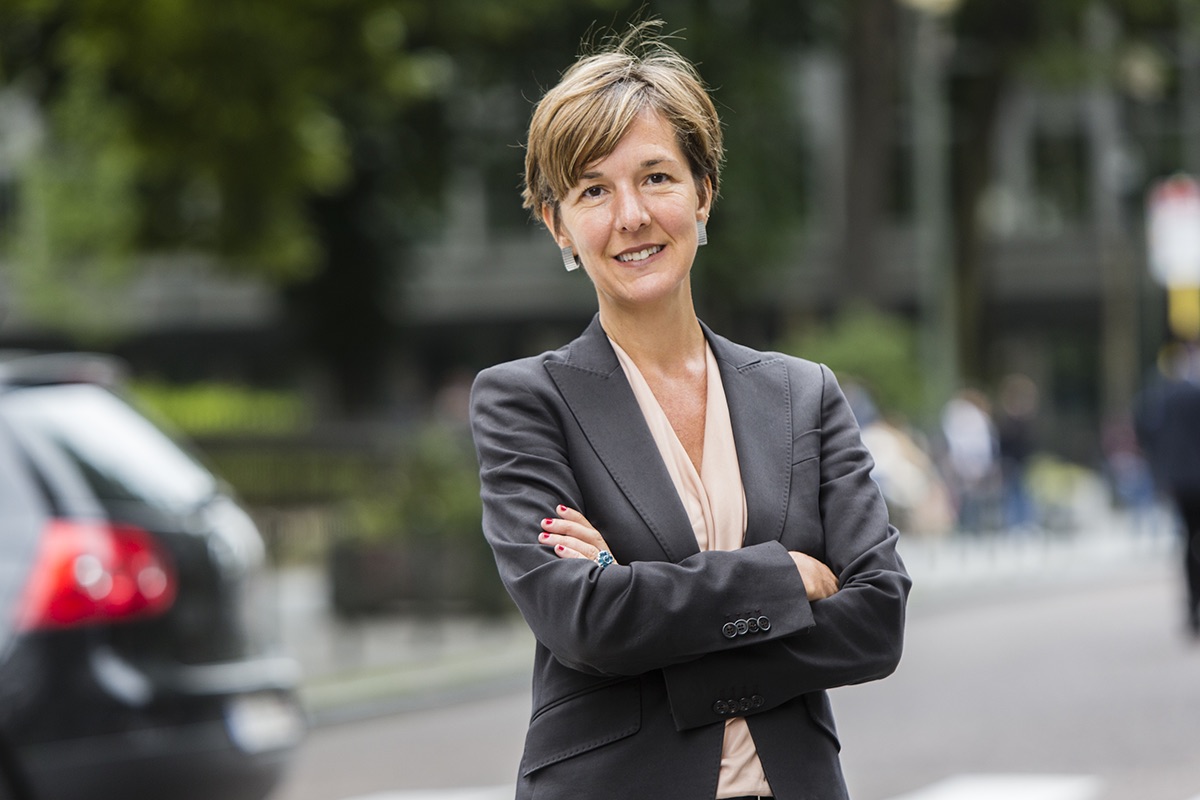
Interview with Anna Lisa Boni, secretary general of EUROCITIES
She is one of the keynote speakers at the Smart City Event in Amsterdam in june 2015
What is a Smart City in your opinion? And what city is in your opinion the best Smart City in the world?
The term ‘smart city’ means different things to different cities and is constantly evolving. For me, a smart city should set itself ambitious sustainability goals and should be prepared to adopt new technology and open standards, data and governance models in order to achieve these. It should also explore new business models and find ways of joining up policies and working in a more integrated way across various policy areas, like energy efficiency, ICT and urban mobility.
A smart city is also one that harnesses its human capital and that has citizens at the core, empowering and enabling them to co-create smart city solutions. It’s difficult to pick the ‘best’ smart city, as different cities have made progress in different sectors. Most of the large European cities we represent are looking to become smart, with some more advanced than others. It’s important to remember that becoming a smart city is not an end goal, but a continuous process of being more resource efficient while improving quality of life.
What do you think is the biggest challenge to develop a successful Smart City project?
For many cities, becoming smarter means changing completely the way they work. This could mean joining up areas that currently operate independently, or finding new ways of delivering existing services. Developing a comprehensive smart city strategy is an important starting point, but to do this successfully means taking a step back and looking at how smart city solutions can fit into the existing dynamics of the city.
As I mentioned before, it’s also essential to inspire and involve citizens in delivering smart city solutions, and to set measurable goals to be able to assess progress. Smart cities must also be adaptable and open to adopting new tools and technologies. And of course, finding ways to fund smart city projects can be a challenge.
Cooperation between private and public sector are very important in creating smart cities. How can cities attract private partners and convince them to invest?
Setting clear and measurable targets, and having effective monitoring procedures in place, is one key factor for attractive private partners and investment. It helps to have citizens on side too, as this means projects tend to have a higher acceptance rate. To convince partners to invest, cities need to develop sound project plans that demonstrate attractive financial results, as well as promising integrated solutions that create added value. Cities also need to establish a collaborative working relationship with their stakeholders to exchange and work towards common goals.
What is the most important success factor in involving citizens in a Smart City project?
We believe involving citizens is central to a successful smart city. To make this happen, projects should be developed in a way that citizens can understand and therefore accept. It’s important that citizens are involved from the outset, in the creation and decision making behind the projects as well as their implementation. This helps foster a sense of ownership among citizens for the project process and results.
What about the future? What kind of smart cities we will have in 2023?
The real question is: what kind of smart cities would we like to have? By 2023, I would like to see a broad and democratic use of new technologies in our cities, promoting equal opportunities and access, and the use of open and big data technology properly taking into account security and privacy issues.
Smart citizens should be fully involved in the co-creation of ideas and solutions through living labs, and technology and solutions should be used to increase social inclusion and combat poverty. We want to see a focus on sustainability, through green energy and sustainable mobility, making our cities more resilient and adaptable. Overall, we want to see cities offering citizens a high quality of life paired with the lowest possible use of resources.
about Anna Lisa Boni
Anna Lisa Boni is the secretary general of EUROCITIES. She joined in 2014 from the French region Provence Alpes Côte d’Azur, where she was director of the Brussels office. She has 20 years of professional experience in EU public affairs in the field of local and regional government. Anna Lisa has worked for the city of Bologna in Italy, and has extensive experience with international and European networks and the European Parliament.


Leave a reply